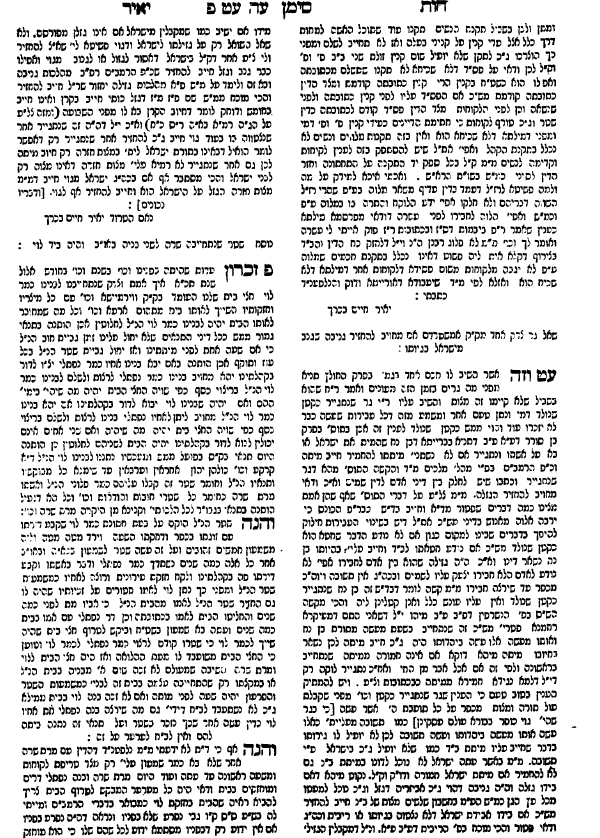The Chavos Yair 79 writes that a Ger continues his status that he maintained as a nonJew where the status of Jews and nonJews are identical.
For example, if a person borrows money and then converts, he still must pay back the loan since even as a non-Jew he is required to repay loans. (According to some opinions and circumstances He may even be required to repay interest associated with the original loan.
If he eats ever min hachai (limb from a live animal), he gets malkus after he converts, since he was already commanded on that before conversion.
There is a Tannaitic dispute whether a ger is Divinely punished for sins he committed before conversion but all agree he is culpable in Bais Din (where the offense / action can transfer).
As far as continuing any previous responsibilities and ownership where the laws of a Jew and non-Jew are equivalent there is no change in status. This follows directly from the Chavos Yair's explanation of why a convert gets his loans repaid and receives malkus for ever min hachai.
It seems that גר שנתגייר כקטן שנולד דמי is limited to
- familial relations in that he is no longer related to his non-Jewish family and
- (possibly) being absolved of Divine punishment.
For those interested I attached the teshuva from Chavos Yair.
See also, Encylopedia Talmudit, entry for גר who discusses at length many aspects of this issue.


